You could take advice from any number of ‘How To’ books on the best way to start your book collection, but we prefer a more sympathetic and soulful approach that applies just as well to books as it does to art or any other collectable: buy what you love. Buy what speaks to your heart and your mind, hold the book in your hands, feel its texture, admire the cover, dive straight into a random section of the book and let your mind wander. Yes, you could even lift it to your face and breathe in its history.
Well, that’s one approach, but it doesn’t necessarily reveal the full story. The more rational, reptilian side of book collecting compels the would-be collector to consider a few more prosaic factors in order to maximise your investment and avoid expensive mistakes.
Before you start, you should also consider your aim. Are you simply looking to take your passion to another level, or are you looking for a side income from buying and selling books, or maybe a collection that represents a long-term investment? All those things are fine, but answering that question will help you focus your approach and employ the right tactics in order to be successful.
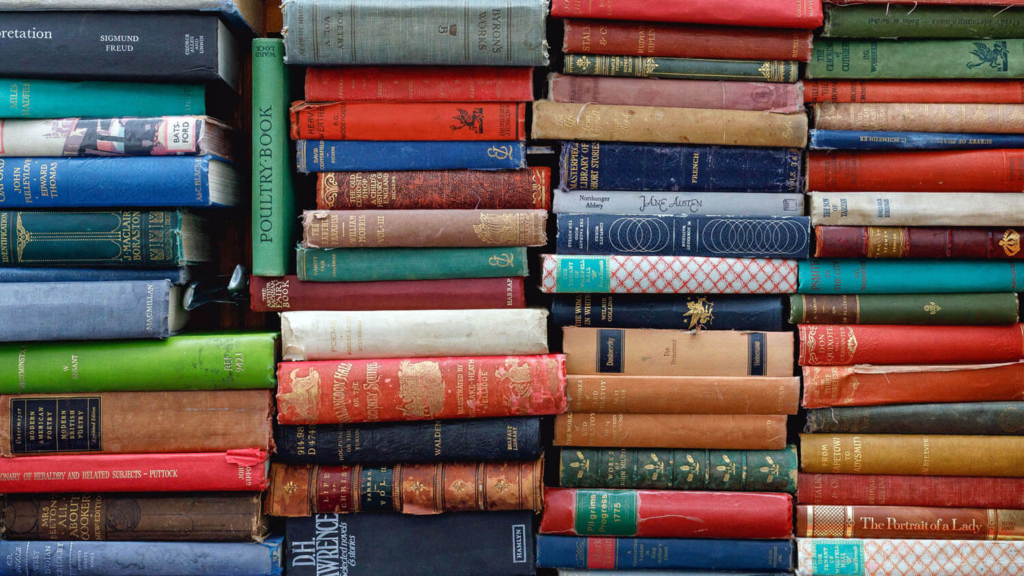
Stay Focused
The point of any collection, surely, is that it groups together connected items or things of a type. The same applies to books, so consider where your interest really lies. Is it a particular strand of literary fiction, a genre such as travel writing or science-fiction, or simply the works of your favourite author? Whatever it is, this will give a focus to your collection and simplify your strategy.
Find Your Sources
There are various ways to source books, so you should consider what works best for you based on your available time, budget and ambition. Not convinced? Consider whether you really have the time and patience to browse for hours through thrift stores or second-hand bookshops in search of that rare edition to complete your collection? If you don’t, then be honest with yourself and look for ‘easier’ sources such as online channels.
Source: Bookshops
Chances are that bookshops, like libraries, have always been sacred spaces to you. Even with the decline of physical stores and the drift to online sales, your favourite local bookstore is still the best source to buy that newly-published first edition that you’re betting will be collectable in a decade or two. (Yes, it really does pay to be patient. History will be the true judge of your book-collecting judgment.)
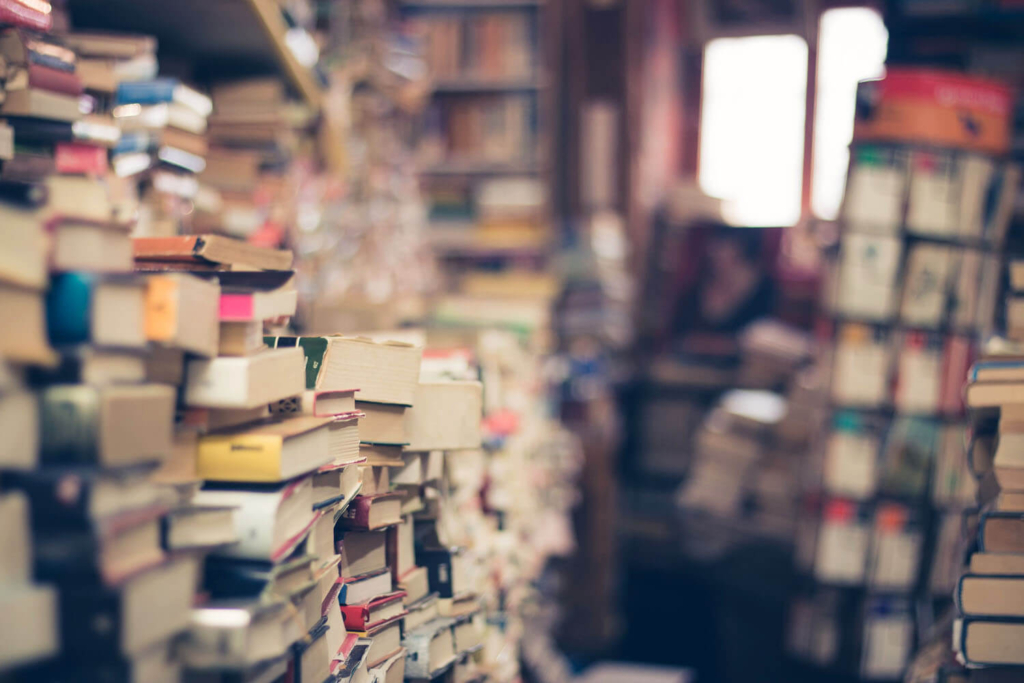
Source: Second-Hand Bookshops
Well, if you like bookstores, we’re sure that you love second-hand bookstores. It might be a declining resource as more and more people migrate to e-readers, but there are still likely to be a few second-hand bookstores hidden away in your neighbourhood. Whilst it’s true that their owners will be collectors and experts in their own right, there are still bargains to be had if you know your price and are prepared to haggle
Source: Charity/Thrift Stores
The golden age of thrift store finds might be over, as charity shops are increasingly conscious of the potential value of rare books, but you shouldn’t rule them out as sources of interesting collectable books. The rule of thumb is that the less polished or well-designed the store is, the higher the chance that you will find something of interest. Maybe not a first edition copy of JK Rowling’s first Harry Potter novel, but still of interest.
Source: Street Markets
Check out your local street markets for more finds. The sellers are likely to have less specific knowledge of book collecting than in second-hand bookstores and are more likely to accept a low offer if you can manage not to look too excited by the book you’re trying to purchase.
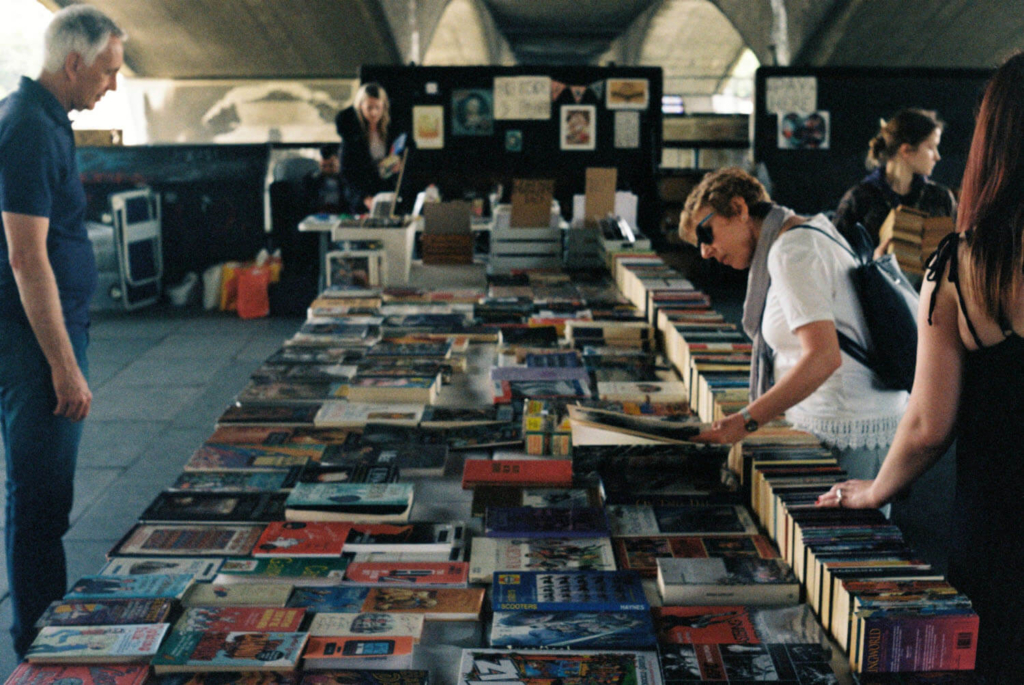
Source: Online
Looking online offers almost endless possibilities. If you’re willing to pay the going rate, you are certain to be able to source any book you are looking for. For the collecting completist, this is sure to satisfy your need to find those last two or three works that you have been searching fruitlessly for. However, this can be an expensive approach. If you have the budget to allow for that, then good luck to you. If you’re more conscious of your budget, then don’t reject sources such as ebay, where you can still find astonishing bargains. But proceed with caution when shopping online, and be sure that you are buying from a trusted seller. Also, don’t be afraid to request information on the book or to ask for additional photos to show the book’s condition, imprint and so forth.
Check Your Facts
You need to be sure that you are getting value, so it pays to do your research and check the current prices of the works you’re targeting. Sources like abebooks.com can be invaluable to verify not just the price range of the book in question, but also its rarity. More than that, it will help you check additional factors such as the value of a signed work, or a first edition that can lift the worth of a book to a dramatically higher level.
Factor: Hardbacks
It shouldn’t be a surprise that hardback books are typically far more valuable than paperbacks. Why? First of all, they’re hard – literally built to last and, secondly, the print run is smaller, so the rarity factor comes into play. There are exceptions to the rule, for example with specialist, rare works, or books that never had a hardback run, but generally you are far safer if you focus your collecting on hardbacks.
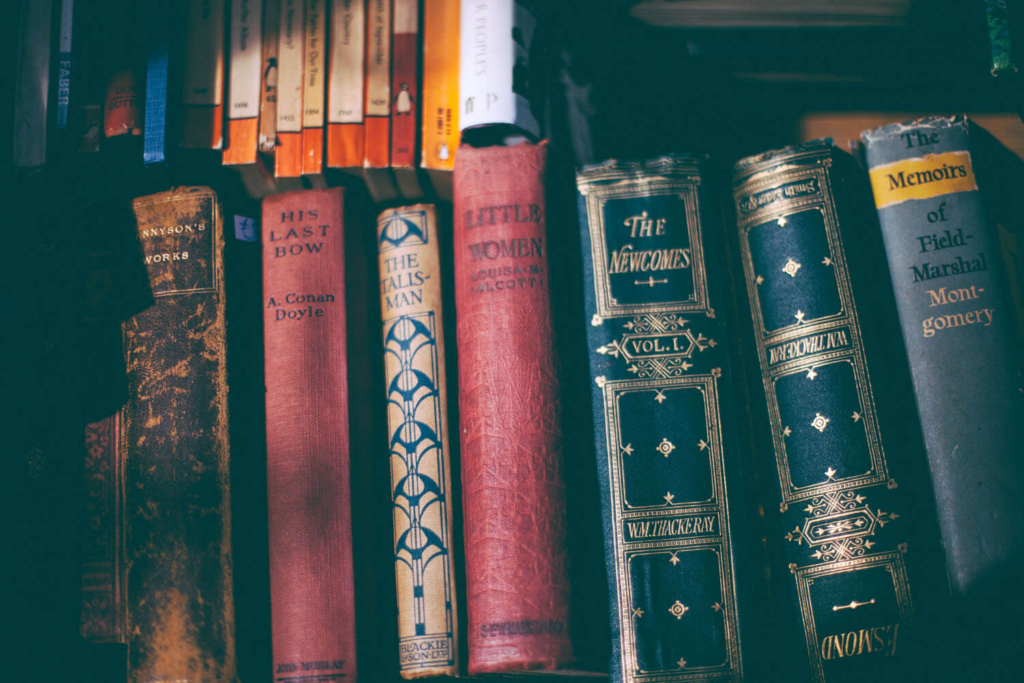
Factor: First Editions
So, you’re prioritising hardbacks in your collection, but their value will still increase considerably if they’re first editions – yes, that’s it, before the crowd cottoned on to the literary merits of the work. Alongside first editions, you should check if the edition is a first printing. How do you tell? Take a hardback from your shelf and look at the copyright page, the irritating page you usually have to turn past to start the book. Look closely, and you might see a line saying ‘First edition’ or ‘First printing’. If you do, then smile and say a silent prayer of gratitude to the infinite wisdom of the publisher.
More likely, however, the status will be revealed through some mysterious numerical code. Spot a sequence of numbers stating ’10 9 8 7 6 5 4 3 2 1’, ‘1 2 3 4 5 6 7 8 9 10’ or even ‘1 3 5 7 9 10 8 6 4 2’ and you’re in luck – you’ve found a first edition and first printing. If you see a different sequence, then proceed with caution, as you are almost certainly looking at a later printing from the same year or even another year entirely. By all means, still buy if you love the book, but don’t maintain the illusion of the book having any long-term value.
Factor: The Right Edition
Even if you have a genuine first edition and first printing in your hands, you still need to consider additional factors. The most successful authors are likely to be translated into multiple languages and printed by different publishers, and there are even big differences between British and American editions – two nations separated by a common language, as George Bernard Shaw aptly put it. The safe approach in this instance is to consider which publisher first issued the work. If it’s an American author, for example, the chances are that the first edition and first printing was first made in the US from a local publisher. The equivalent British imprint might have been a year or more later. If you’re not sure, then it pays to check before purchasing.
Factor: Special Editions
While first editions have an obvious appeal, it doesn’t mean that you should completely rule out other special editions. Do your research and see if your favourite work has ever been published in a special edition that speaks to you personally and would add a different element to your collection. In some cases, these might be produced in a very limited, even numbered edition and have high rarity and investment value. More likely though, especially with famous authors, is that the ‘Special Edition’ label is all too often code for ‘overpriced, absurdly packaged edition to maximise profit from unquestioning fans who will pay whatever we ask.’ Caveat emptor!
Factor: Signed Editions
For the true book lover, what could be more affecting than to know that your favourite author once held this copy in their hands and with a generous heart, signed their name? Unsurprisingly, a signed work will lift the value of your book exponentially. As in all other areas mentioned above, be careful not to let your heart rule your head. You still need to be sure that the signature is genuine. Don’t hesitate to ask for some kind of authentication before purchasing and, if in doubt, stick to trusted sellers. If the author is still alive, you could even take an unsigned first edition copy to be signed by her or him at a book fair. Just think: not only are you dramatically increasing the value of your book, but you will also have a memory to cherish.
Spotting New Talent
With enough cash, anyone can start collecting contemporary literary giants such as Margaret Atwood, Ian McEwan or Zadie Smith, but surely there’s more skill and more fun to be had in identifying the next Atwood, McEwan or Smith? Here, it pays to trust your instincts. Don’t be afraid to follow your personal judgment. The worst that can happen is that you buy rare editions of books you love, even if the value doesn’t rise significantly.
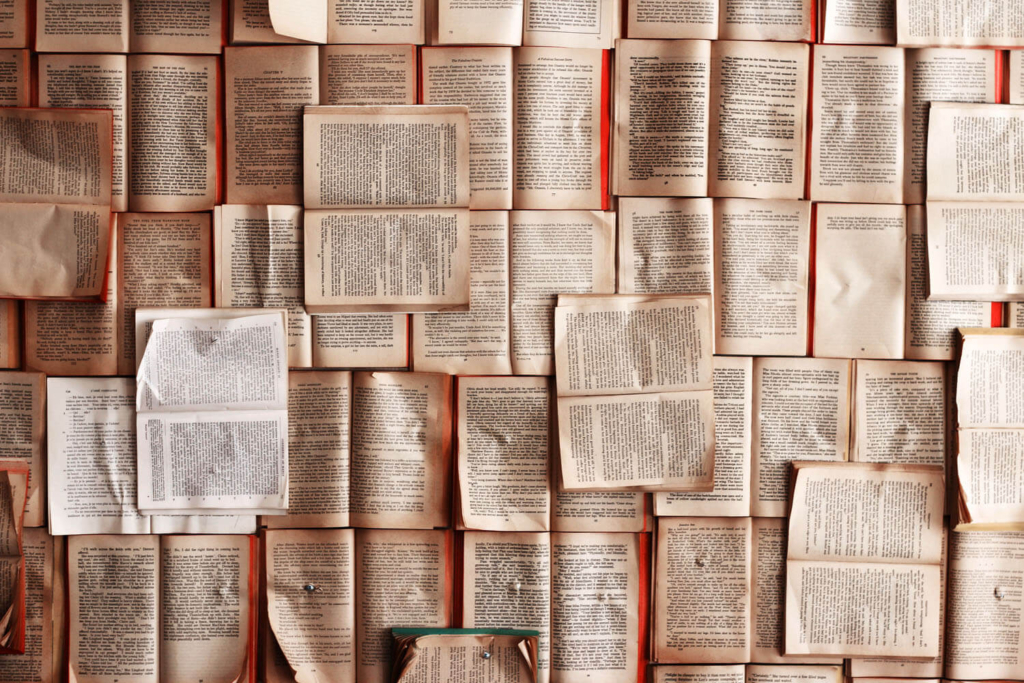
A more opportunistic approach is to monitor book awards and look out for rising or breakthrough talents. Now is the moment to pounce and to buy up those hardback first editions of their early works. And we mean ‘now’: a major award will instantly transform their reputation and the value of their works to collectors. Don’t believe us? Consider the case of Bernadine Evaristo whose experimental novel Girl, Woman, Other shared this year’s prestigious Booker Prize with Margaret Atwood’s The Testaments. Within a week of her success, Evaristo had sold more copies of the book than in the previous five months.
Maximise Your Budget
As the collecting bug takes hold and your passion turns into benign addiction, you will need to start considering how to manage and maximise your budget to ensure that you can sustain your book-buying habit. The easy answer is to use your developing skills to both buy and sell. As you go along, you will inevitably discover additional copies of books in your collection, and you then have the chance to retain the more pristine copy and sell the lesser-quality one – ideally for a healthy profit. As much as cost, finding space for your collection might be another conundrum.
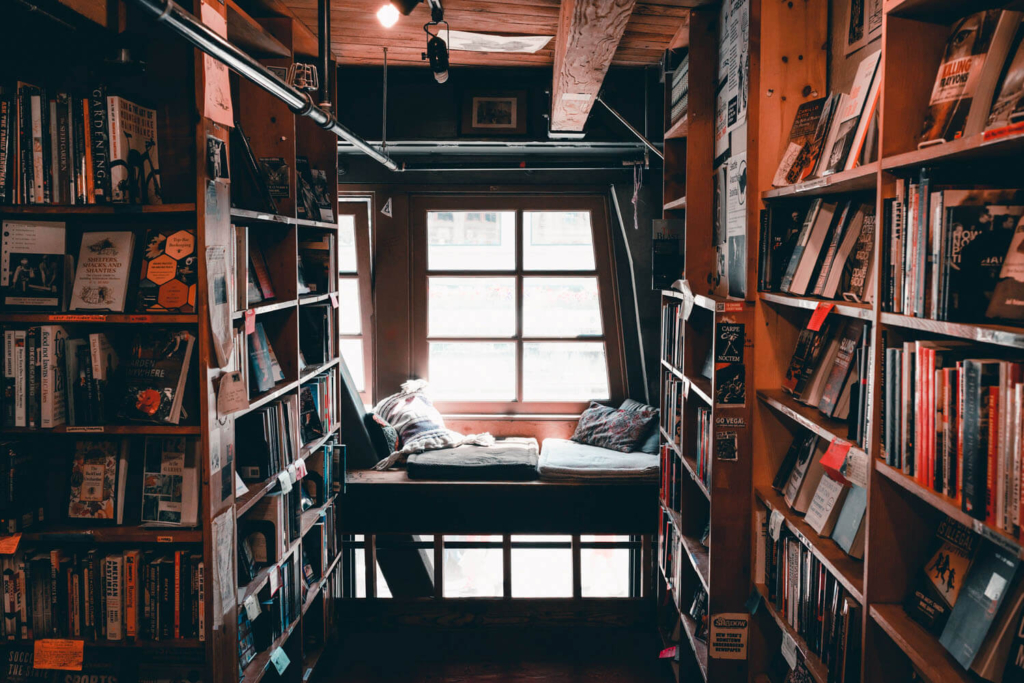
One radical solution to both budget and space challenges might seem unthinkable to the pure-hearted bibliophile, but is potentially worth considering. In today’s digital world and with the extraordinary quality of modern e-readers, the reality is that no one needs to buy physical books. In that context, you could sell the more run-of-the-mill books in your library and use the profits to buy more rare or special edition books. At the same time, you can download regular books to your e-reader, saving space and costs, and only buy physical books with greater rarity and value.
Whatever your approach to book-collecting and however you choose to focus your search, we wish you happy hunting and inspirational reading with the books you choose to surround yourself with. And remember that books, as Victor Hugo so wisely put it, remain “those undemanding but faithful friends.”

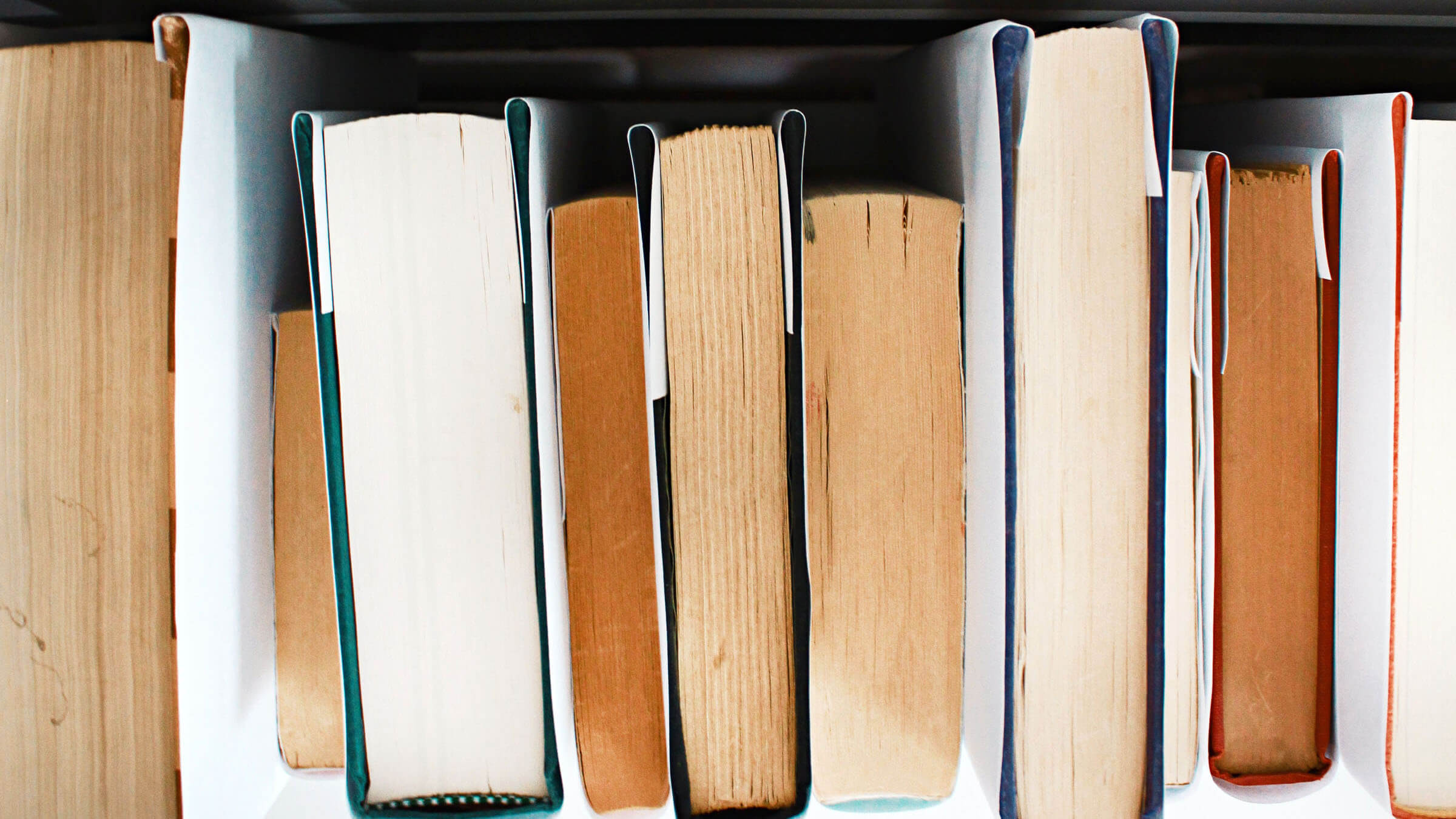
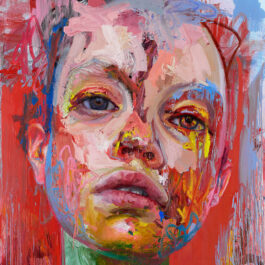
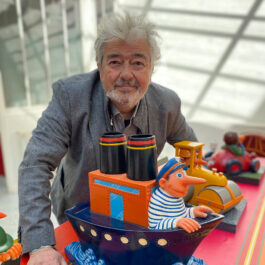

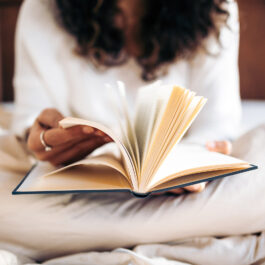

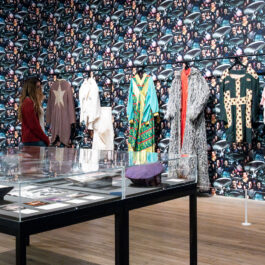
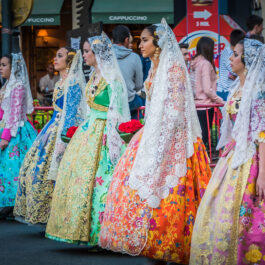
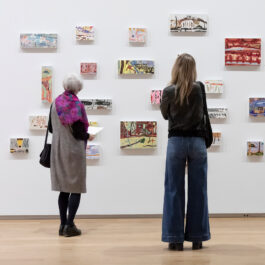
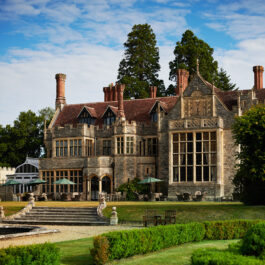
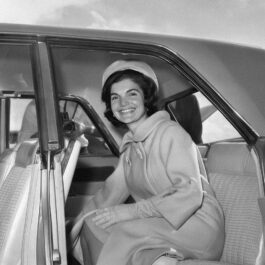
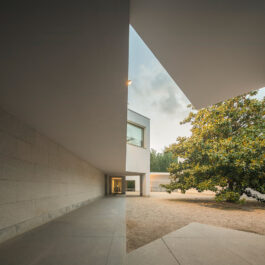
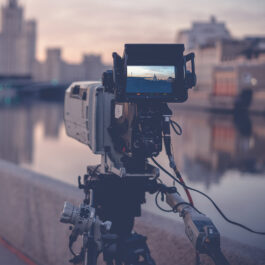
Sorry, the comment form is closed at this time.